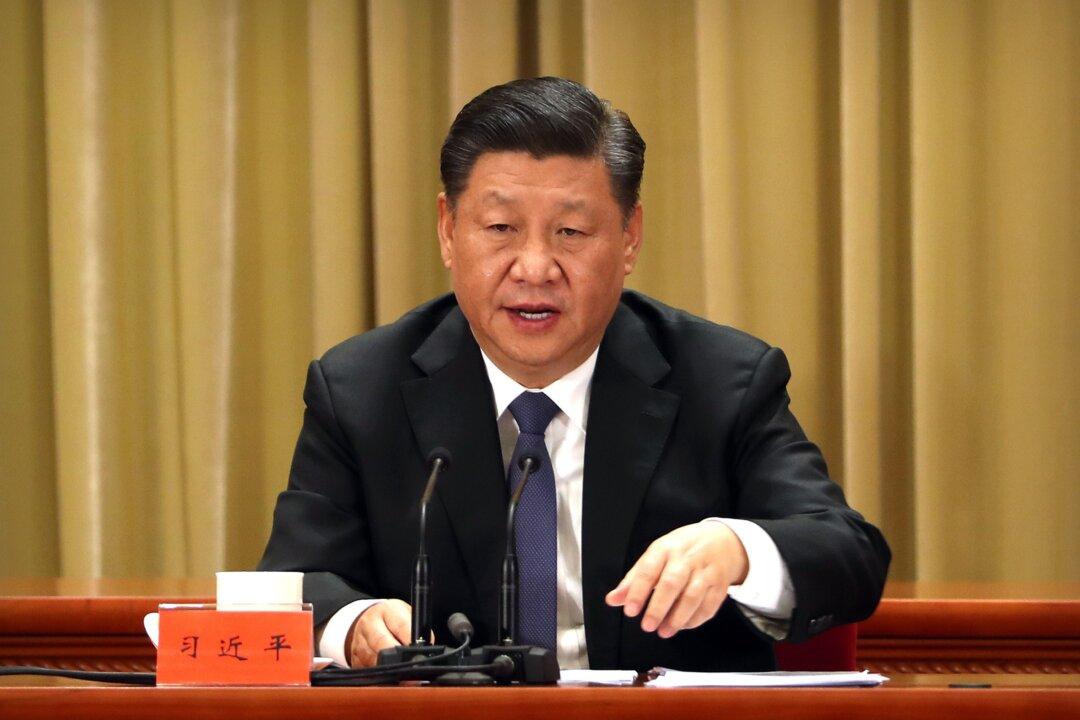Xi Jinping, current leader of the Chinese Communist Party (CCP), has a track record of closely following directions from the central government during his rise to power.
When the Tiananmen Square Massacre took place on June 4, 1989, Xi was the local CCP committee secretary of Ningde City in Fujian Province.
Xi assumed his post in Fujian in 1988. The following year, the student democratic movement broke out in China. They called for democratic reforms in the Chinese government and staged mass protests near Tiananmen Square in Beijing. On June 4, Beijing sent troops to quash the protests, resulting in the deaths of thousands, according to rights groups’ estimates.
Xi’s Reactions to Student Movement
Chen Youcheng was then public security director in Ningde City. He said the student movement also affected the local area. A group of students in the neighboring province of Zhejiang was going to enter Fujian through Ningde. The vehicles were painted with slogans.Xi Jinping, then Ningde Party committee secretary, gave the following instructions: “First, we must recognize and follow the instructions of the central government and the party. Second, we must resolutely stop students from entering Fujian, and the slogans shall not enter Ningde or Fujian.”
Chen said checkpoints were set up according to Xi’s instructions at the provincial boundary Fenshuiguan. On the one hand, they persuaded students to return to their schools, and on the other hand, they washed all signs off the vehicles.
During the politically sensitive time, Chen said that Xi had given out multiple instructions to ensure stability and maintenance by the public security in the entire region.
On July 30, 1989, Xi also met local police and took photos in his address to “maintain a high degree of consistency with the Party and resolutely obey the command of the Party.”
Consequences
Officials who disagreed with Beijing’s suppression of the student movement were either dismissed or marginalized. The typical example would be Zhao Ziyang, then the general secretary of the CCP. His opposition to then-paramount leader Deng Xiaoping’s suppression of the student movement led to his dismissal and house arrest for 15 years until January 2005, when he passed away.Bao Tong, Zhao’s policy secretary, was dismissed and arrested before the June massacre, and imprisoned for seven years. Bao was the highest-ranking official sentenced during the 1989 student democracy movement.




